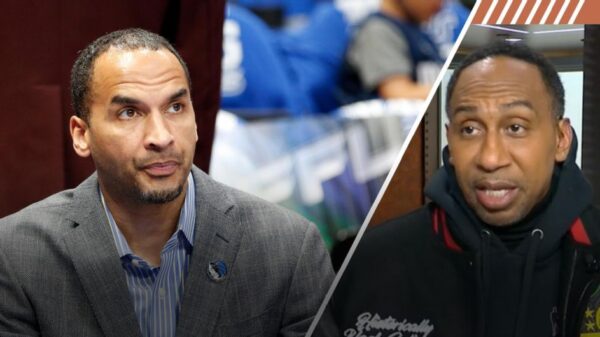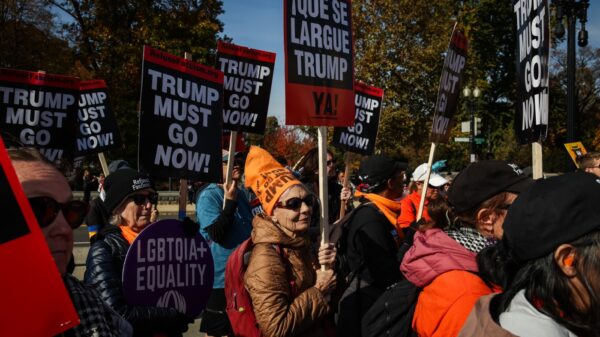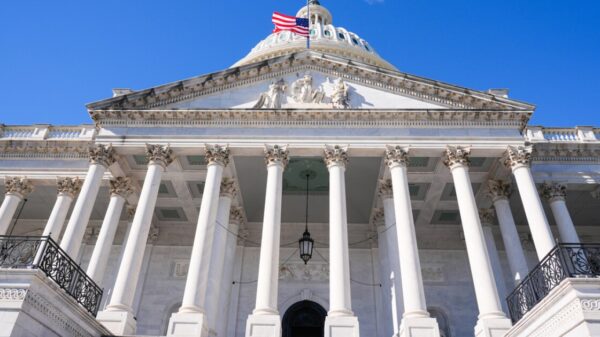Recent sentiments expressed by Loveland resident David Cook have ignited discussions about the current state of affairs in America. In a letter, Cook suggests that a collective sense of unease is pervasive, attributing this turmoil to a biblical prophecy that he interprets as unfolding in contemporary society. He argues that recent societal changes reflect a broader crisis, prompting citizens to engage more actively at the local level.
Concerns About Societal Changes
Cook’s letter touches on various issues that have stirred public debate, particularly regarding the presence of registered sex offenders in girls’ locker rooms in Virginia. He highlights this situation as emblematic of what he perceives as a moral decline, remarking that the current state of affairs is beyond what previous generations would have anticipated. He frames these developments as a manifestation of divine prophecy, claiming that they signify a “cup of trembling” for those who oppose God.
Moreover, Cook expresses frustration with political inconsistencies, particularly among Democrats, whom he accuses of shifting their stance on immigration policies over the past three decades. He argues that such contradictions contribute to a sense of chaos and confusion in the political landscape. Through this lens, he calls for a re-evaluation of local governance, urging citizens to take initiative in addressing these pressing concerns.
Empowering Local Action
In light of the challenges he outlines, Cook references the Declaration of Independence, emphasizing the right of the people to alter or abolish a government that he believes has become destructive to their safety and happiness. He underscores the importance of local action, suggesting that citizens have the authority to effect change in their communities.
“That whenever any Form of Government becomes destructive of these ends, it is the Right of the People to alter or to abolish it,” Cook quotes from the foundational document of the United States. He argues that the current national government is struggling to address these issues effectively and that individuals must step in to find solutions locally.
Cook’s perspective resonates with a segment of the population that feels disillusioned with the current political climate. His call to action reflects a growing sentiment that citizens should take a more active role in shaping their communities and addressing issues that they find concerning. As debates around morality, governance, and civic responsibility continue, the discussion initiated by Cook serves as a reminder of the enduring power of local engagement in democratic societies.





































































